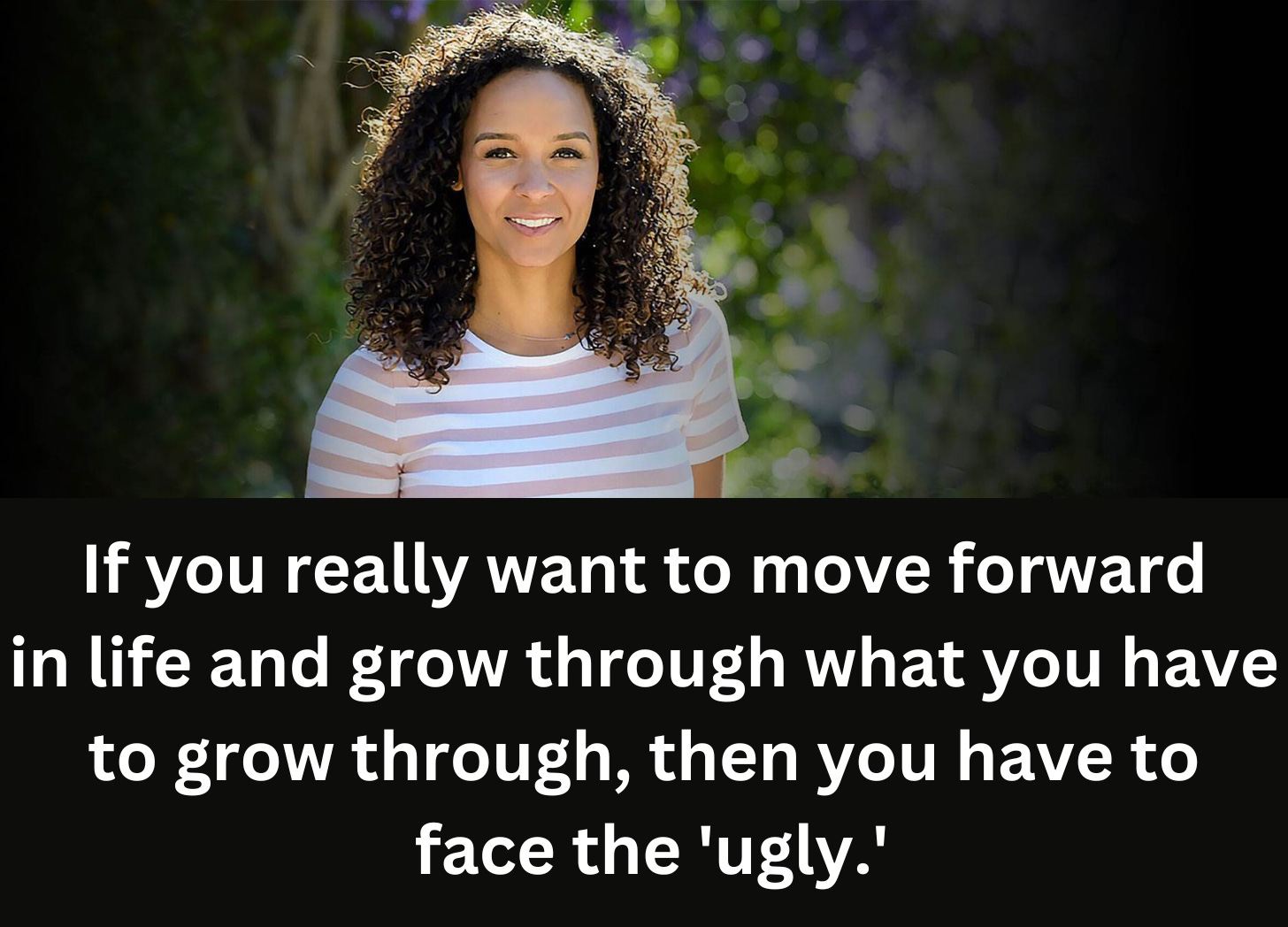Doing the Hard Thing: Facing the 'Ugly'
Our brains often want to do what is comfortable not what helps us most
We’re going to have difficult and embarrassing situations show up in front of us, either of our own doing or not of our own doing. Regardless, we have an important and maybe critical decision to make — what will we do next?
“If you really want to move forward in life and grow through what you have to grow through, then you have to face the ugly,” says Karen M. Allen, keynote speaker and founder of 100 % Human.
We can face the ‘ugly,’ whether about a situation or ourselves or both — or we can pretend it doesn’t exist or all-out deny it.
That decision can lead to someplace better and positive. The other paths, well, you know….they lead to bad places, if not immediately or soon, then eventually.
“While your brain would much rather compartmentalize or suppress any uncomfortable emotions, that’s not helpful,” Allen points out as a warning signal.
She would know. Allen, like most of us, has lived through excruciating personal pain, which you can learn about on her website if you so wish.
What she is saying, I contend as a matter of professional opinion, also applies to us as individuals, groups or organizations as far as what our reputation is — or will become.
It might be something we want to avoid at all costs or maybe a reality we aren’t even aware of until someone mentions it: facing the ugly of our actions or situation.
Rare is the person or organization that eagerly wants to dive into that self examination and situational analysis. For most of us, our emotions and psychology don’t enjoy that really uncomfortable or fearful task. That’s natural and ok.
That doesn’t mean we can’t be stronger than those emotions and psychology — or become stronger, because we can — and benefit from it as a result.
If we find ourselves unable to do it entirely on our own, there is help from people we trust and whom will be honest with us or professionals in different fields who can and will help us examine the struggle and provide guidance in collaboration with us through the adversity.
What feels comforting to our brain, yet is not going to lead us out of the wilderness and serve us best long term, is what Allen discovered herself and mentions to people she speaks to — and that is compartmentalizing or suppressing uncomfortable emotions.
We are ironically strong, not weak, when we choose to stare into the ugliness and dissect it, whether of ourselves or what has happened or both, learn from it, seek assistance if necessary (no shame) and do the admirable, moral, honorable, needed or emergency work to learn from it and move forward successfully.
Michael Toebe writes “Reputation Notes” and is the founder at Reputation Quality, a practice that serves and assists successful people and organizations in further building reputation as an asset and responsibly, ethically protecting, restoring or reconstructing it.
Subscribe for free or paid. Your choice. Paid subscribers will receive access to ongoing special features, be able to make suggestions for interviews and articles and ask questions related to a variety of topics that I cover that I may decide to answer — respecting your privacy of course — in the newsletter.
If you personally have a story about reputation that I believe would be interesting for readers, you can suggest it as an article.



